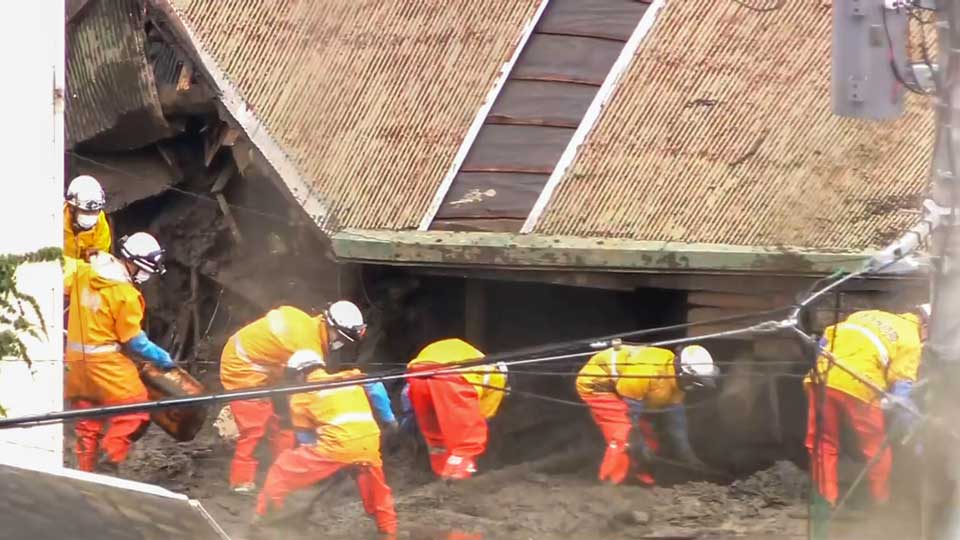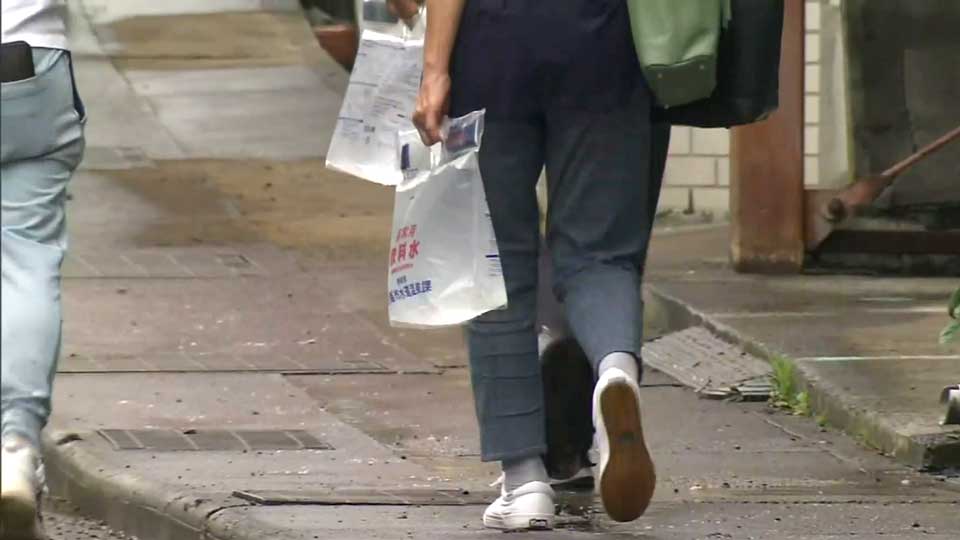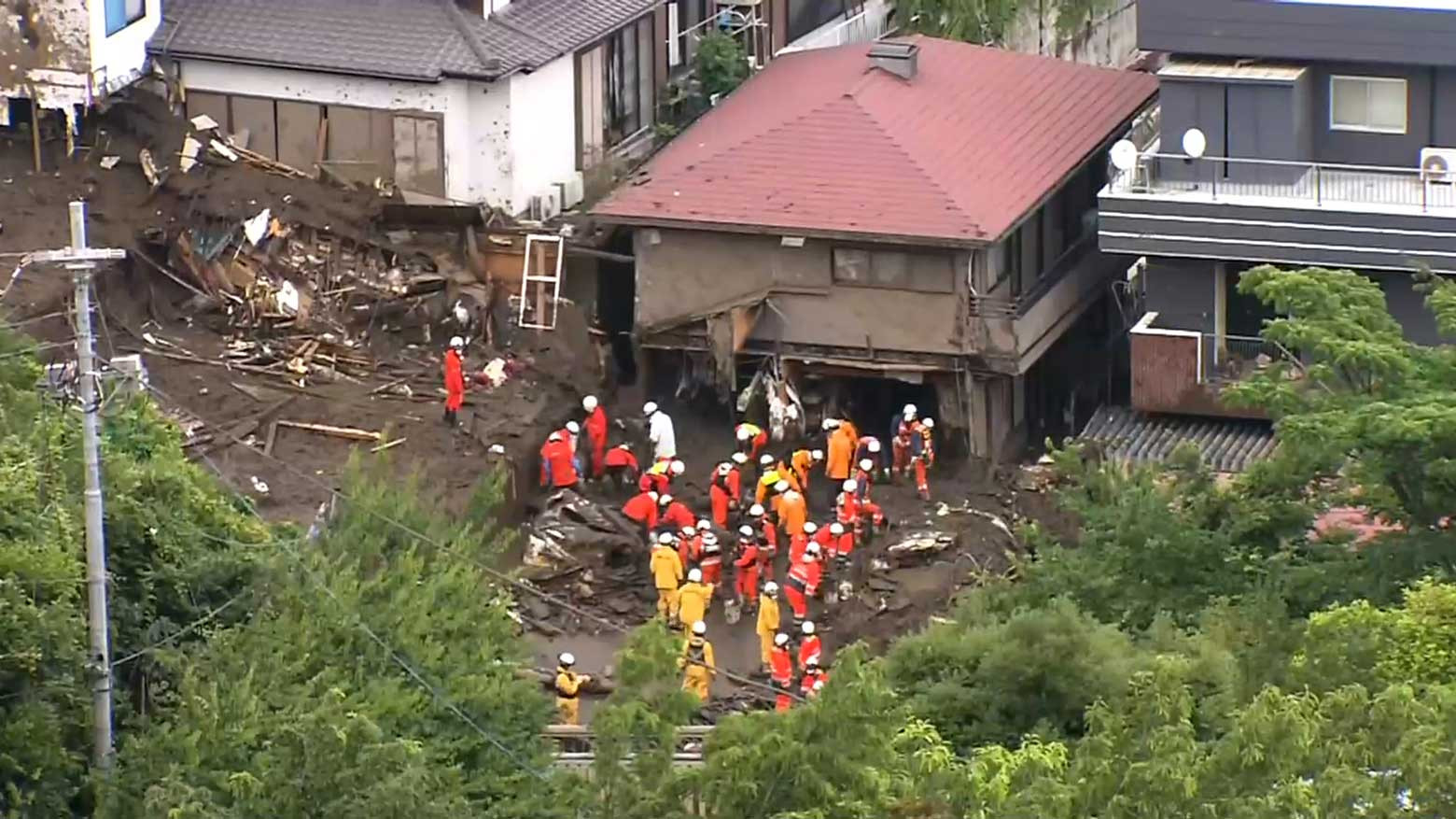“I feel it’s really dangerous, because another disaster might happen due to the relentless rain,” said Sato Kunihiro, who is taking part in what has proven to be a perilous search. “We have been swept off our feet, and buried in mud. This rescue effort is more intense than others.”
Rescuers forced to stop
On Friday, about 1,700 rescuers were sidelined after a small area had collapsed. They could do little except stand by, waiting for the chance to resume the search. Most of the work is being done by hand because the area is too dangerous for the use of machinery.

The crew was sent back into the area three hours later, but the extreme humidity proved to be another test. Many rescuers broke into a sweat. Sometimes, they were waist-deep in mud. On Saturday and Sunday, the temperature topped 30 degrees Celsius.
“I still can't believe it, but this is the reality. I just want everyone missing to be found soon,” said Araki Michio, 73, who watched as rescuers cleared the mud and debris.
Araki described the pain of seeing his hometown stricken by the disaster. He revealed that although his family members are safe and his home was spared, some of his friends are missing.
Concern rises for elderly residents
Parts of Atami still have no water supply, and some roads are still blocked. For affected residents, it has meant a steep climb uphill to reach water stations. On Monday, local authorities started bringing bags of water to people who need them.

The mudslides damaged or washed away about 130 buildings. Almost 600 people remain in hotels that are being used as evacuation centers. On Monday, authorities allowed them to temporarily return to their homes to retrieve essential items that they have gone without for days. Local officials are working urgently to secure public housing for those who have lost their homes.
 English
English Japan
Japan

